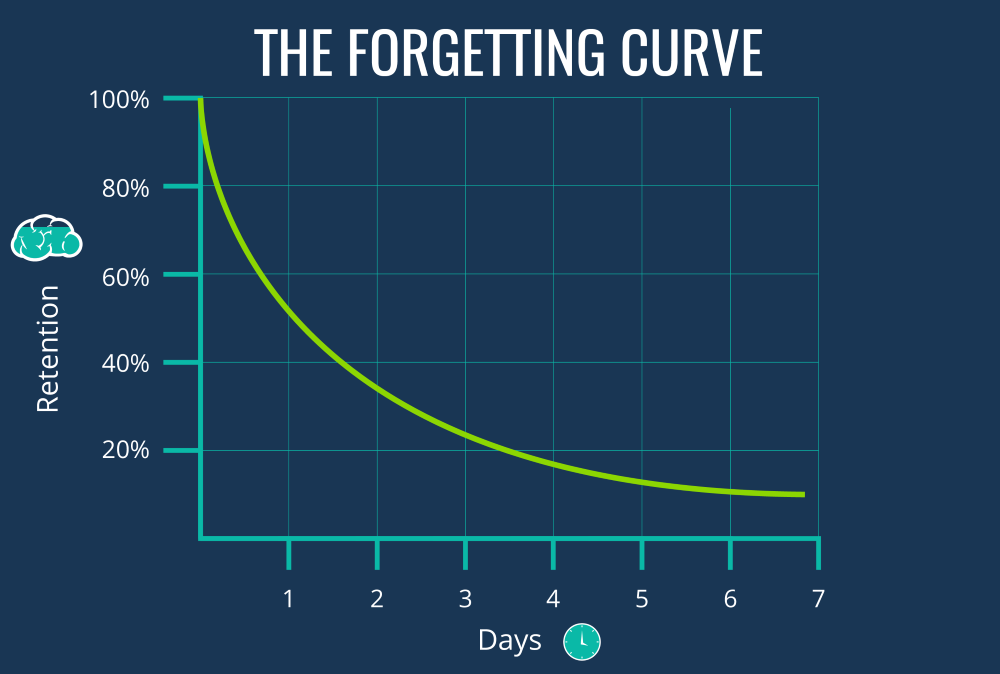In senior year, one most likely has to take a half semester government class and a half semester economics class. For AP students, this is especially restricting to success.
Prior to senior year, advanced students take full-year AP classes. This way, students have adequate time throughout the entire school year to gain the knowledge and experience necessary to pass the AP test and earn college credit.
However, advanced students that take AP Government and AP Macroeconomics in their senior year will likely struggle in one of those corresponding AP tests, if not both. In these courses, students only have one semester to gain the knowledge and experience necessary to pass the AP test and earn college credit, which just isn’t adequate time to expect success.
For example, if one were to take AP Government in the fall semester and AP Macroeconomics in the spring semester, much of the knowledge and skills gained from AP Government may dissipate in the spring semester, due to the fact that the information is no longer being presented in a class. By the time of the AP test in May, you may have forgotten as much of 90% of the AP Government content, according to the forgetting curve. You will not pass the AP test, therefore you will not gain college credit.

One might argue that the “review sessions” Michael Otto, the AP government teacher, hosts are an adequate way for students that took his class in the fall to regain past-learned knowledge they’ll need to succeed on the AP test. Otto hosts two review sessions per unit, equaling out to twelve 30-minute review sessions total. While this may be true for a small percentage of students, these review sessions just simply aren’t enough for the majority of students.
All AP level courses that are one semester long should be full-year courses that offer students one full credit, in which students have the freedom to pick one to take. Instead of jamming the curriculum in to make it fit in one semester, the curriculum should be stretched out to fit in a full year, allowing the students and the teachers to go more in depth in the content presented. This would allow students to focus in on courses that will lead to their specific-desired career in the future, help the students have a better understanding of the AP test material so they can earn college credit, and give AP teachers higher passing rates on AP tests.

